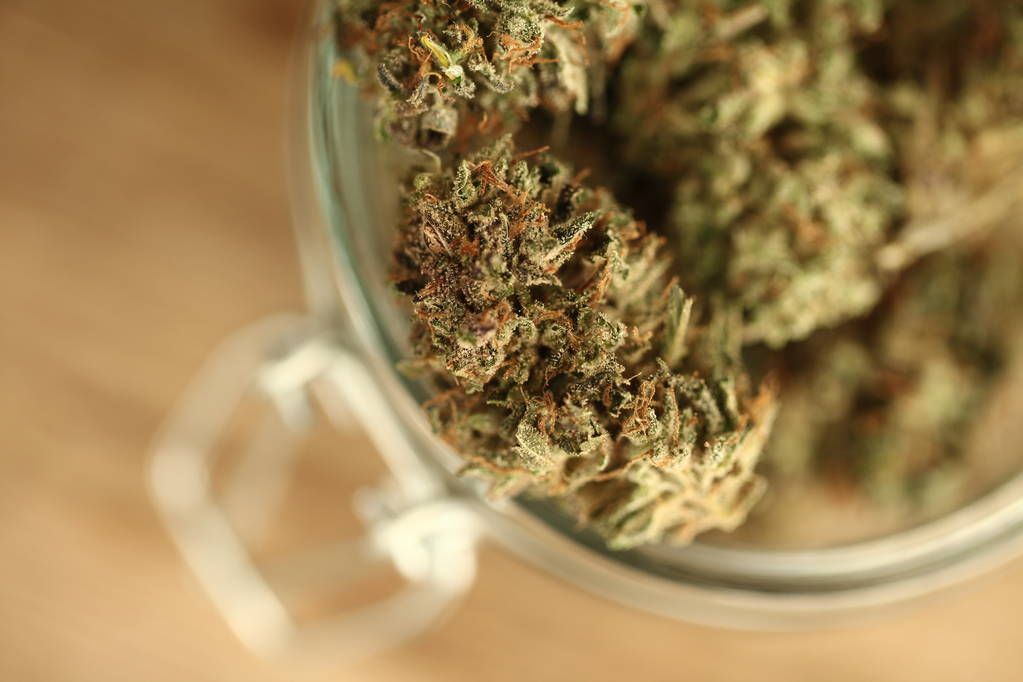After New Hampshire’s recreational marijuana law was narrowly defeated in the House, despite support from the governor and Senate, we explore the four states still on track to legalize recreational marijuana next.

Both New Hampshire and Hawaii saw their legalization efforts narrowly miss success this year, with no further progress expected in the current year. Despite these setbacks, it’s not all doom and gloom for legalization advocates. Several states are still poised to legalize marijuana this year.
Below are the four states on track to achieve this:
South Dakota
In November, South Dakota voters will be given an opportunity to legalize recreational marijuana via Measure 29. The initiative, put forth by South Dakotans for Better Marijuana Laws, would allow those 21 and older to possess up to one ounce of marijuana and cultivate up to three marijuana plants at their residences. The measure would also establish a system of licensed, regulated and taxes marijuana businesses including retail outlets.
Recent polling indicates that 45% of South Dakota voters support the measure, while 42% are opposed.
Florida
In November, voters in Florida will determine the outcome of Amendment 3, which would allow individuals aged 21 and older to “possess, purchase, or use marijuana products and marijuana accessories for non-medical personal consumption by smoking, ingestion, or otherwise.” The proposed limits would permit possession of up to three ounces of dried marijuana flower and up to five grams of marijuana concentrates.
Licensed marijuana retail outlets would be authorized to distribute the plant, with existing state-licensed medical marijuana dispensaries also permitted to “acquire, cultivate, process, manufacture, sell, and distribute such products and accessories.”
According to a Fox News poll released last week, 66% of Florida voters support Amendment 3, while only 32% are opposed. A November poll by the University of North Florida found nearly identical support, with 67% of likely voters in favor of Amendment 3. Both polls indicate that support for the initiative exceeds the 60% threshold required for it to pass as a constitutional amendment.
According to data released by the Florida Department of State Division of Elections, Smart & Safe Florida has raised $60,158,153.76 as of May 31. This is well more than any previous statewide marijuana legalization effort has raised. For comparison, proponents of California’s Proposition 64 raised $25 million in 2016, while those behind Ohio’s Issue 2 raised just $7 million last year; both initiatives were voted into law.
North Dakota
A North Dakota campaign aiming to get a marijuana legalization measure on the November ballot has collected over half of the necessary signatures in just five weeks. They now need to gather the remaining signatures by July 8 to qualify for this year’s ballot.
The proposed measure would permit individuals aged 21 and older to possess up to one ounce of marijuana, four grams of marijuana concentrates, and 1500 milligrams of adult-use cannabinoid products, with 300 milligrams allowed in edible form. It would also enable personal cultivation of up to three marijuana plants and authorize the sale of marijuana and marijuana products through licensed stores.
Pennsylvania
In April, State Representative Amen Brown (D) introduced House Bill 2210, supported by a bipartisan group of five cosponsors. Just two days later, the Health Subcommittee on Health Care held a hearing to discuss marijuana legalization.
The proposed legislation would permit individuals aged 21 and older to possess up to 30 grams of marijuana, which could be purchased from licensed marijuana retail outlets. While the bill allows medical marijuana patients to cultivate up to five plants, it does not permit home cultivation for recreational users. HB 2210 serves as a companion to bipartisan legislation introduced in the state Senate in July.






